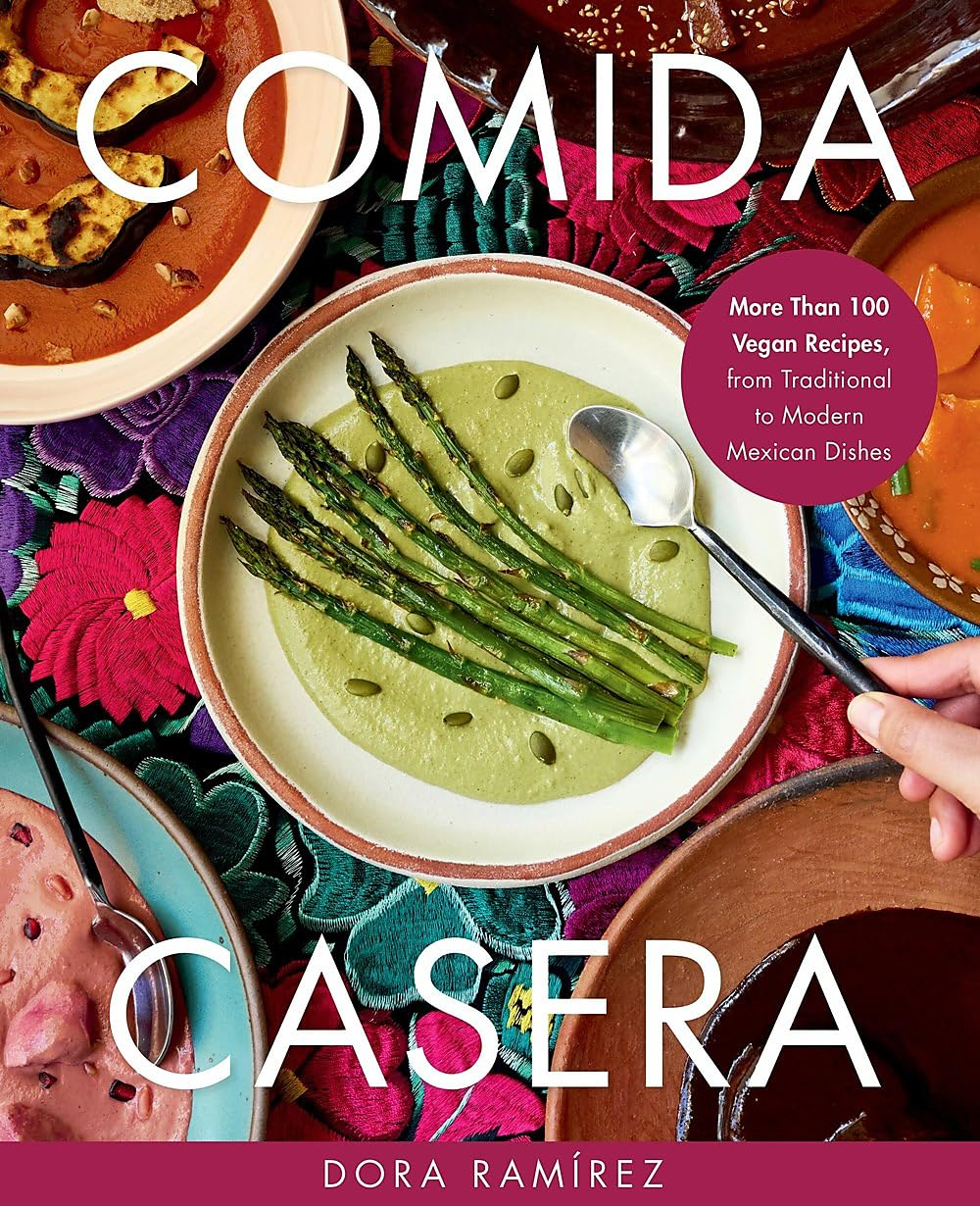
It’s believed that around one in every 11 people go to bed hungry each night, that’s around a third of the world’s population. The world’s hungriest countries at present are Haiti, Mali, Sudan, South Sudan and the Occupied Palestinian Territories.
Yet there is more than enough food for every person on earth. In fact, more food is thrown away than is needed to feed every hungry person.
Although many developing countries face deep challenges from poverty and hunger (often caused by war and freak weather due to climate change), just ‘throwing money at big charity’ is not the answer. The good news is that there are more effective and empowering ways to help.
From choosing Fair Trade food and drink, to giving directly to people (without big charities), you can do something to help!
Climate Smart Agriculture (to feed the world)

Africans don’t want to rely on westerners, they want to grow food on their own land. Climate smart agriculture does this, by supporting seeds and training for drought-tolerant crops and rainwater harvesting, to restore desert to lush land to grow healthy food at little cost.
This also provides resilience when droughts and floods hit. Recently in Tanzania, floods have killed nearly 150 people, the main city relying on ‘rain-fed agriculture’ for income. Floods have left people (and donkeys) starving, due to.
Rainforest Alliance has a good article on the benefits of climate-smart-agriculture:
- Rainwater harvesting does what it says on the tin – ensuring that on rare occasions when it rains, that water is kept to water plants and soil, rather than evaporating into the ground.
- Contour planting is used especially for tea plantations. Planting on hills or natural terraces helps to reduce soil erosion.
- Planting shade trees helps crops to flourish in hot weather. It also helps farmers grow multiple crops. You’ve likely heard of shade-grown coffee, where farmers can also grow say bananas at the same time, so get more bang for their buck, at local markets.
Why ‘Gifting Animals’ Is Not a Good Idea
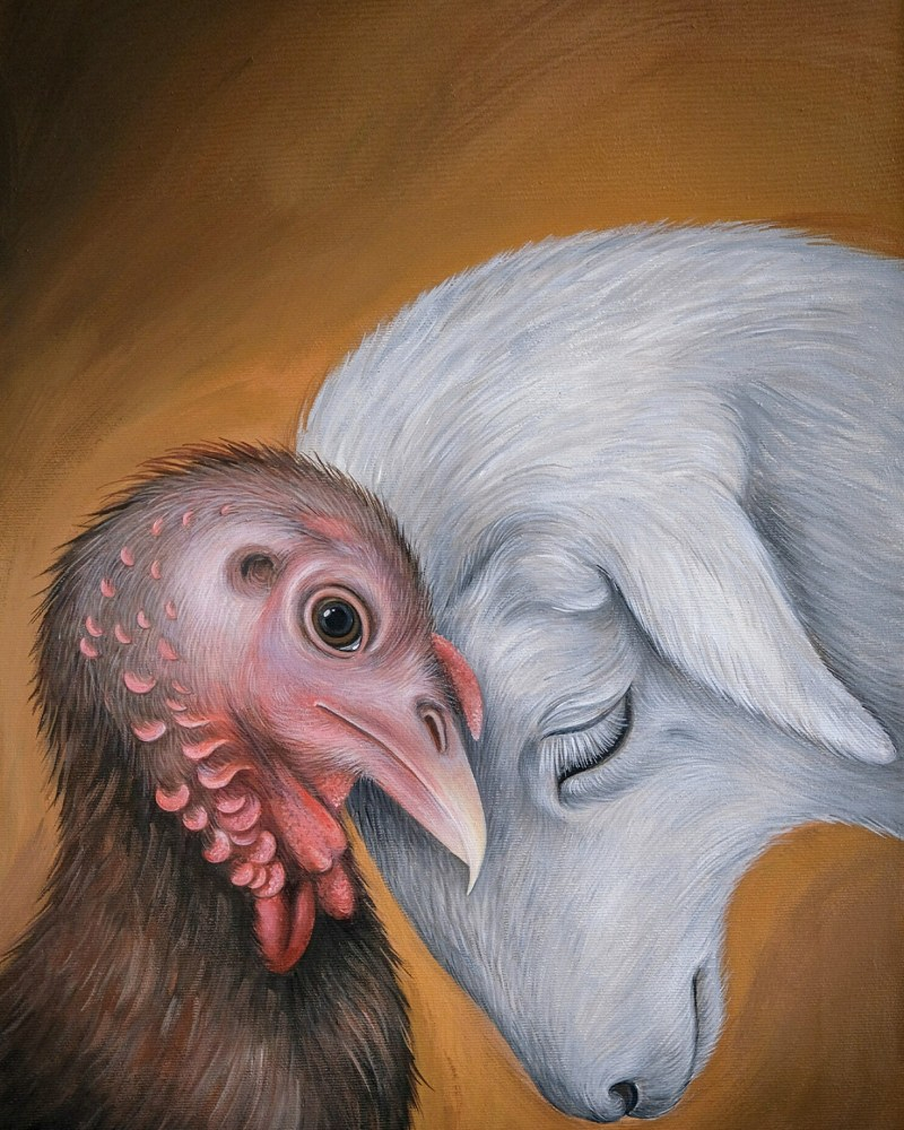
Giving animals may seem kind, but giving cows and goats to (lactose-intolerant) people in developing countries that already suffer over-grazing is not a good idea. It creates more mouths to water and feed, can spread disease and result in fights, where animals are ‘cash crops’.
A better alternative is to grow teff, the world’s tiniest grain that is also super-high in protein. In Ethiopia (where we imported food from during Live Aid to feed our livestock), around 40% of people are starving.
Yet the country has 50 million cattle, sheep and goats and 35 million chickens. All consuming food and water, which causes overgrazing, deforestation, erosion and desertification.
You can feed way more people with plants than livestock, so donating to plant-based food charities means that your money feeds more people:
Animal gifting is madness. Environmentally unsound and economically disastrous. The grave consequences of introducing large numbers of goats and other domestic animals into fragile, arid environments is well-documented. It’s grossly irresponsible to continue with these schemes, as a means of raising quick money for charities, over the Christmas season. The World Land Trust
How Solar Power Helps Developing Countries
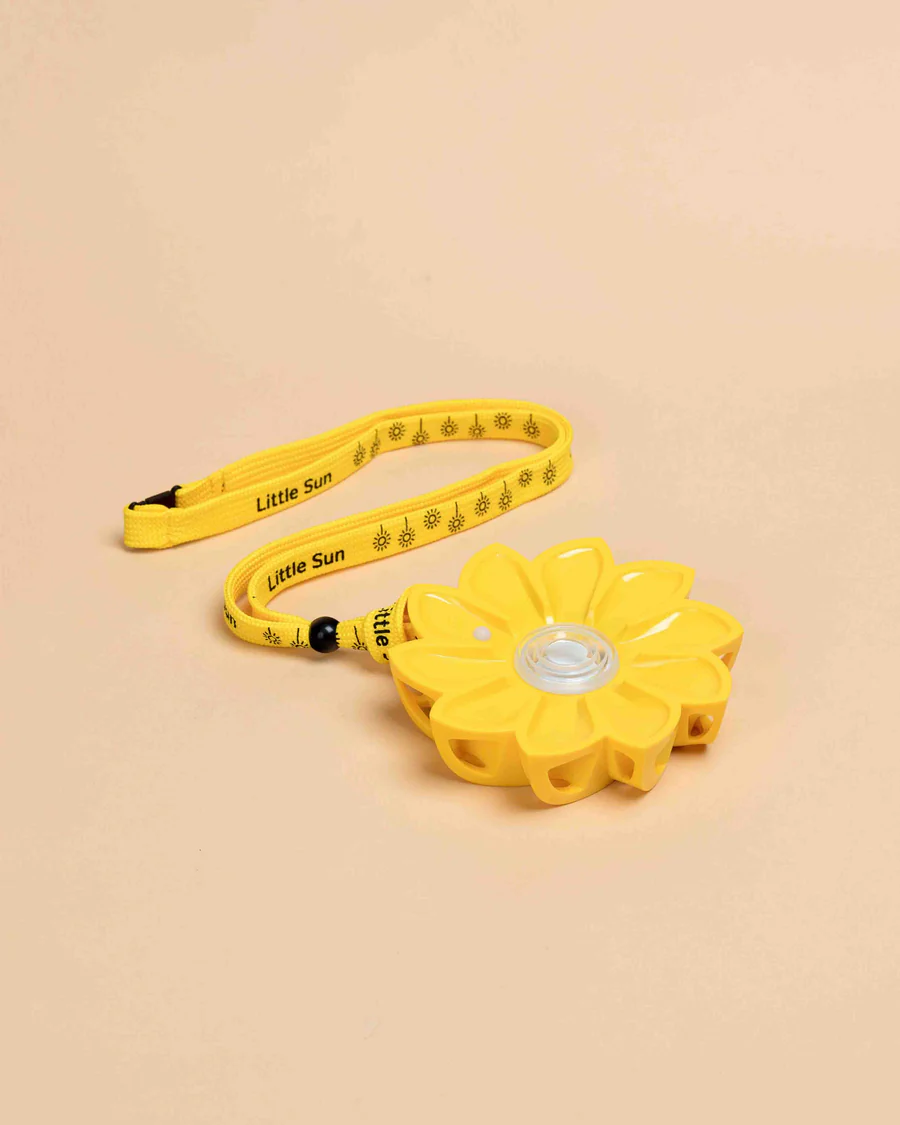
If you want to make a difference, support one of the companies below, all of which use profits to fund solar power in developing countries. In Africa, millions use dangerous expensive kerosene or chop firewood, which causes deforestation. Far better (in hot sunny climates) is free solar power, to bring heat and light, for cooking and studying.
Little Sun is a solar lamp that gives 5 hours of bright light (or 40 hours of dim light), after 5 hours of charging. For each one bought, one is donated to a rural household in Ethiopia.
Turn off lights when not needed to avoid light pollution and prevent bird strike.
Power a Life makes pocket phone chargers and Wee Pal Power Bank (made from recycled plastic bottles). Again, profits help solar charities.
Wonderbag is an African-made slow cooker, which needs no electricity. Just bring a pot of food to the boil, and food cooks, using heat retention technology.
The Little Coffee Company female farmers up to 125% more than Fair Trade minimum. It donates solar lamps to remote areas of Africa, for each pack sold.
Avoid caffeine for pregnancy/nursing. Use a sink protector mat to avoid grounds clogging sinks (bin grounds, as acids could harm compost creatures).
I’d put my money on the sun and solar energy. What a source of power! I hope we don’t have to wait until the oil and gas run out, before we tackle that. I had I had more years left. Thomas Edison (American inventor who died in 1931). He would not be that impressed.
Why Africa Doesn’t Want our ‘Unwanted Trash’
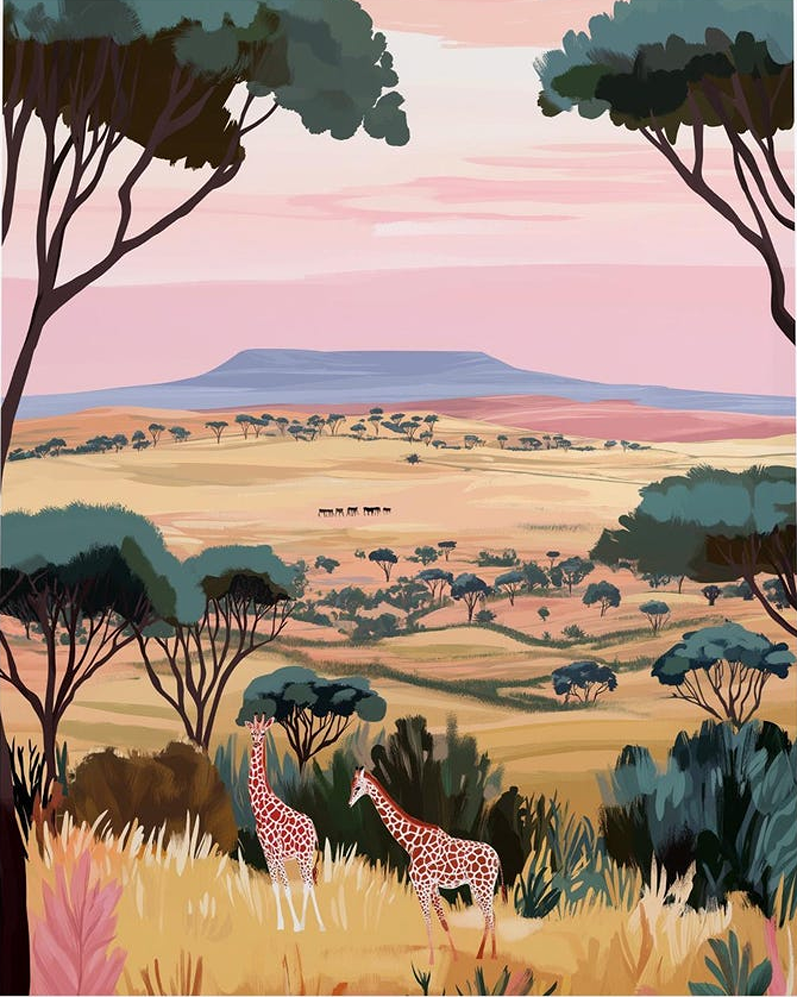
Although it sounds kind to send unwanted goods to developing countries, places like Africa don’t want them. Apart from quality working bicycles. These provide free transport to reach school and work (remove dirt, grease, mud and stickers).
But recycling household or business waste to Africa often creates more problems in a continent with few landfills or sewage systems. The electronics industry also tends to send unwanted goods here, as it saves them money on recycling them officially.
Africa Does Not Want ‘Dead Man’s White Clothes’
Each week, the African country of Ghana receives 15 million items of used clothing, often sent from western richer countries. But almost half are discarded due to being poor quality (paint-stained overalls etc). And also made with synthetic fibres (polyester, nylon, recycled plastic bottles) that never break down.
So they just end up landfills and water bodies, and cause more pollution. Ghana is even now receiving umpteen unwanted ‘junk cars’ that nobody wants (including their citizens).
Don’t Send Plastic Feminine Care to Africa
Some feminine care brands ask us to donate plastic disposable tampons and pads to ‘poor girls in Africa’, so they can spend more time in school studying. But due to lack of sewage networks, they end up polluting waterways. And on a continent ravaged by HIV and AIDS, sending feminine care that could be shared (due to poverty) is not a good idea.
Far more empowering is to support Afripads, a Ugandan social enterprise where local men are given skilled jobs to make reusable pads made from papyrus leaves, which keeps girls in school (sold in over 40 countries).
The President of The Philippines recently sent back tonnes of rubbish to Canada, saying he would ‘sail to Canada and dump the garbage back there again’, if it got sent back. Canada has now agreed to cover cost of disposal.
Choose Recycled Jewellery (to stop mining)
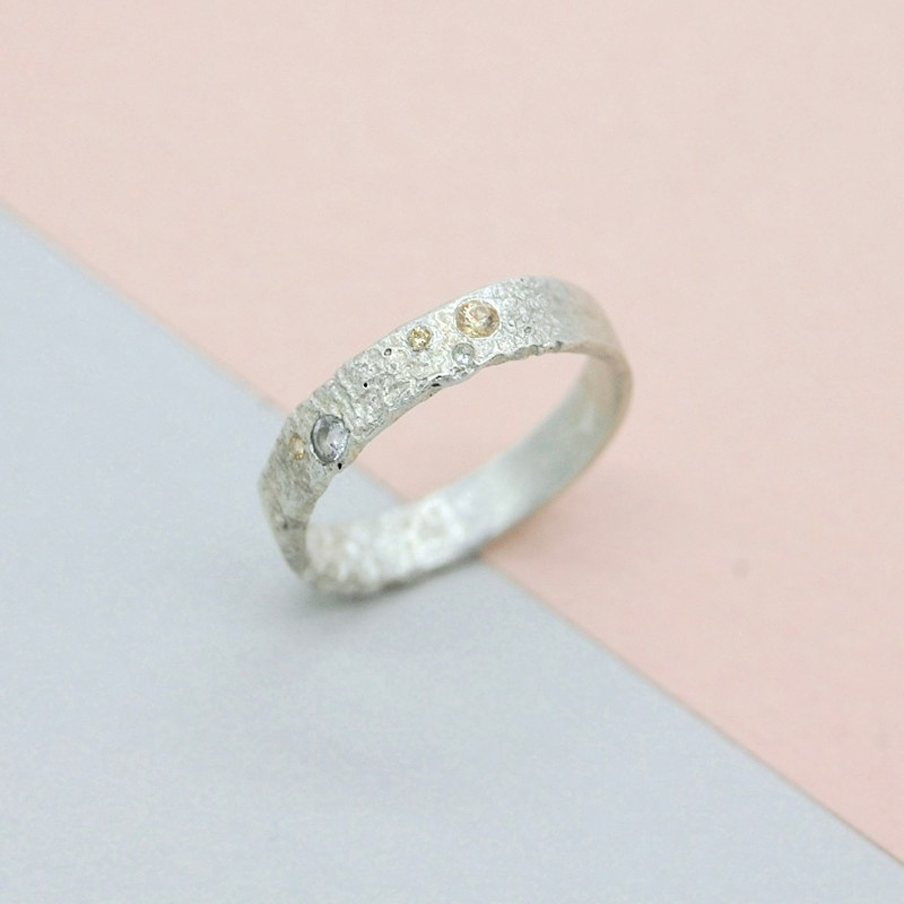
Our site has plenty of recycled jewellery items to choose from (in both silver and gold). There is enough of both metals already mined on earth, to last for eternity. This promise ring is made in Birmingham, from recycled silver.
‘New’ silver and gold requires more mining, and this causes great harm to the planet. Mining in places like the Democratic Republic of Congo can scar the land, pollute the water and harm wildlife. Choosing smartphones made with recycled materials also helps.
Local donkeys often work in gold mines. Working animal charity SPANA has been helping over 1000 donkeys at a refugee camp, due to waterlogged ground that has left them in deep filthy water. This is due to floods, often caused by mining, which disrupts natural drainage systems.
Jewellers now have to carry Kimberley certificates, to show that they don’t sell ‘blood diamonds’ (which used profits to fund civil wars). But all mining can create deforestation, water pollution from toxic chemicals and habitat loss.
Mining uses toxic chemicals like mercury and even cyanide. Run-off from mines can destroy aquatic life, and lead to loss of vegetation and biodiversity loss.
Some mining can even displace communities from their land, and illegal mining is linked to forced labour and even sexual exploitation. And of course, the toxic chemicals and other mining hazards harm both miners and nearby communities.
So next time you want a pretty pair of earrings or are giving jewellery as a gift, always choose recycled metals. The planet and all the earth’s creatures will thank you!
Issues with Aggressive Marketing of Formula Milk
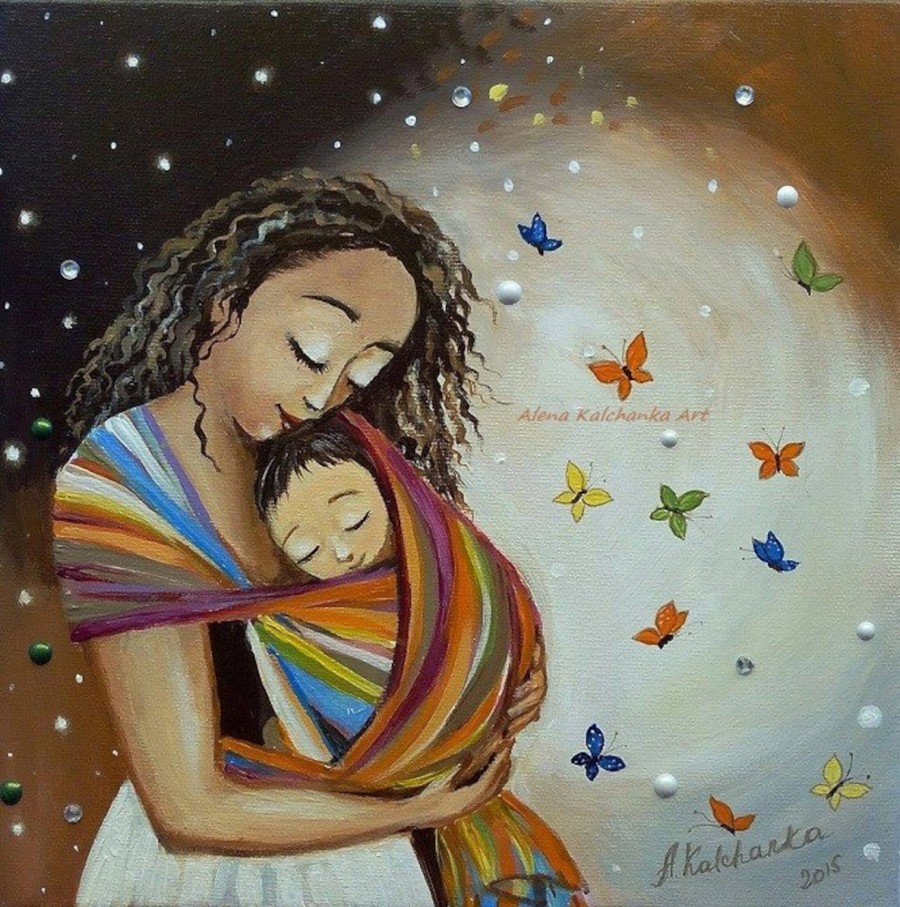
World Health Organisation is at the forefront of a campaign to end the exploitative and aggressive marketing of formula milk to mothers in developing countries. In a survey with UNICEF, it found that over half of parents and pregnant women in the world have been targeted from formula milk companies, often breaching international standards on infant feeding. All to help profit, rather than listen to science from health professionals.
Some formulas companies give ‘free’ formula to poverty-stricken new mothers in African hospitals. When they return home they can’t afford to buy it. So sometimes use lesser amount or mix it with dirty water. Either way, this can make babies or ill, or some die. WHO estimates this causes up to 800,000 deaths of babies each year, who can mostly safely be breastfed.
Most African people are also lactose-intolerant, so it’s not a good idea healthy-wise, to market dairy formula anyway.
Unless there are medical reasons not to, most women can breastfeed. And the benefits of breastfeeding are widely known, both for the health of the baby and mother (including a lower risk of cancer in later life).
The formula milk industry (worth billions) often tries to influence the feeding decisions of parents, often making claims that violate the International Code of Marketing of Breast-Milk Substitutes, a public health agreement passed by the World Health Assembly in 1981.
Breastfeeding within the first hour of birth (followed by exclusive breastfeeding for six months and continued breastfeeding for up to two years or beyond) offers a powerful line of defence against all forms of child malnutrition, including wasting and obesity. Breastfeeding also acts as babies’ first vaccine, protecting them against many common childhood illnesses. World Health Organisation
Watch Tigers, the story of how a former marketeer takes on his old employers, backed by a breastfeeding charity. When he learns that infant formula may be causing some babies to die, he immediately resigns and is now on a mission to stop the practice.
For babies in developing countries with cleft palate and other conditions that make breastfeeding difficult, medics have created Nifty Cup. This simple device lets babies ‘lap’ milk’ rather than having to use formula.

